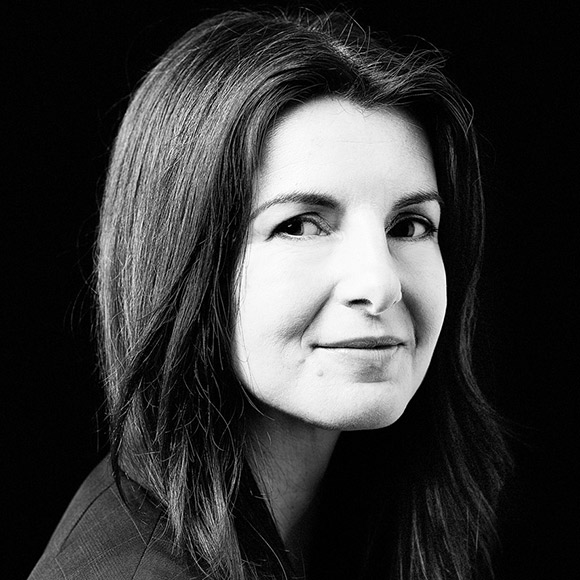
The understanding that I teach reveals how your human psychological system works, it unpacks the nature of thought and explains how your thinking creates your own personal and unique experience of reality.
The more you understand how you work, the more you can access the best version of yourself, a version that spends much more of the time connected, engaged and aware.
And a ‘by-product’ of this best version of you is being able to have a deep connection with the people you encounter, a connection that turns you into a superhuman listener, someone that can listen without thinking.
Listening without thinking?
Now at first ‘listening without thinking’ will sound counterintuitive and you may ask “Surely, if I’m not thinking while I’m listening to my client giving me a brief, then I’ll look like I’m not paying attention and won’t remember the details of what they’re saying?”
Well you would think so, but as you begin to experience listening without thinking, actually the opposite starts to happen.
When you sit and have a conversation with a client or colleague, how much of the time are you actually listening to the words they are saying, compared to how much of the time you are listening to your own internal dialogue about what they’re saying, what you’re going to say next, what you do or don’t agree with, what you actually think about them, what they think about you, on so on?
We all need the function of thought to understand our reality. Thought translates what we hear, see, sense into meaning, so when I say ‘listening without thinking’ the function of thought is still going to be happening.
What I’m pointing to is for you to be much less focused on your own internal dialogue, and much more focused on what the person in front of you is actually saying.
Most people experience listening by spending the majority of their time listening to the content of their own thinking, but most people aren’t aware of this.
There’s another, much more effective way of listening. It’s the experience you have when your internal dialogue is not at the forefront of your awareness and when you are totally engaged with the person in front of you.
You’re clear, aware and able to hear what they’re saying. You can remember a lot more information and also have more access to your own creative capacity in the moment to respond with new thoughts and ideas.
You will all have had moments when you’ve experienced this kind of listening, like in a deeply connected conversation with a really close friend or loved one. In those moments you don’t ever need to take notes to remember what they said. You’re deeply engaged and can very clearly remember their words, perspective, ideas and the details.
Another example is when you go to the cinema and watch a movie you’re totally engrossed in. You don’t take notes while you’re watching it, yet after it’s finished you can remember the intricate details, conversations, plot complexities and the feeling it gave you. You were engaged, connected and acutely aware of what was going on.
So how does this kind of listening help you with your work?
Firstly, you can go into a meeting with a new client, listen to what they’re saying about their company, project, challenges, expectations, requirements and digest the information fully without needing to make many notes (any notes I do take personally are numbers, financial figures and organisational names).
Secondly, what tends to happens in that space of deep listening is a level of connection that was not previously possible. This connection opens up the relationship, many of the ‘roles’ fall away and you’re there speaking human being to human being, not just creative to client.
When this happens, your common interest to create something amazing forms and you become a team, not one person servicing the other. You will also find that ideas for the project start forming straight way, the right questions pop into your head and you can achieve a startling amount of progress in one short meeting.
You can also make a huge impact on your client who will probably never have been listened to in this way before and they will really feel the difference.
The quieter you become in your own head, the more you can hear.










 If you’d like to connect, have an informal chat or just find out what’s possible, then please send me a message via the contact form. I love to answer inquiring questions from curious minds.
If you’d like to connect, have an informal chat or just find out what’s possible, then please send me a message via the contact form. I love to answer inquiring questions from curious minds.




